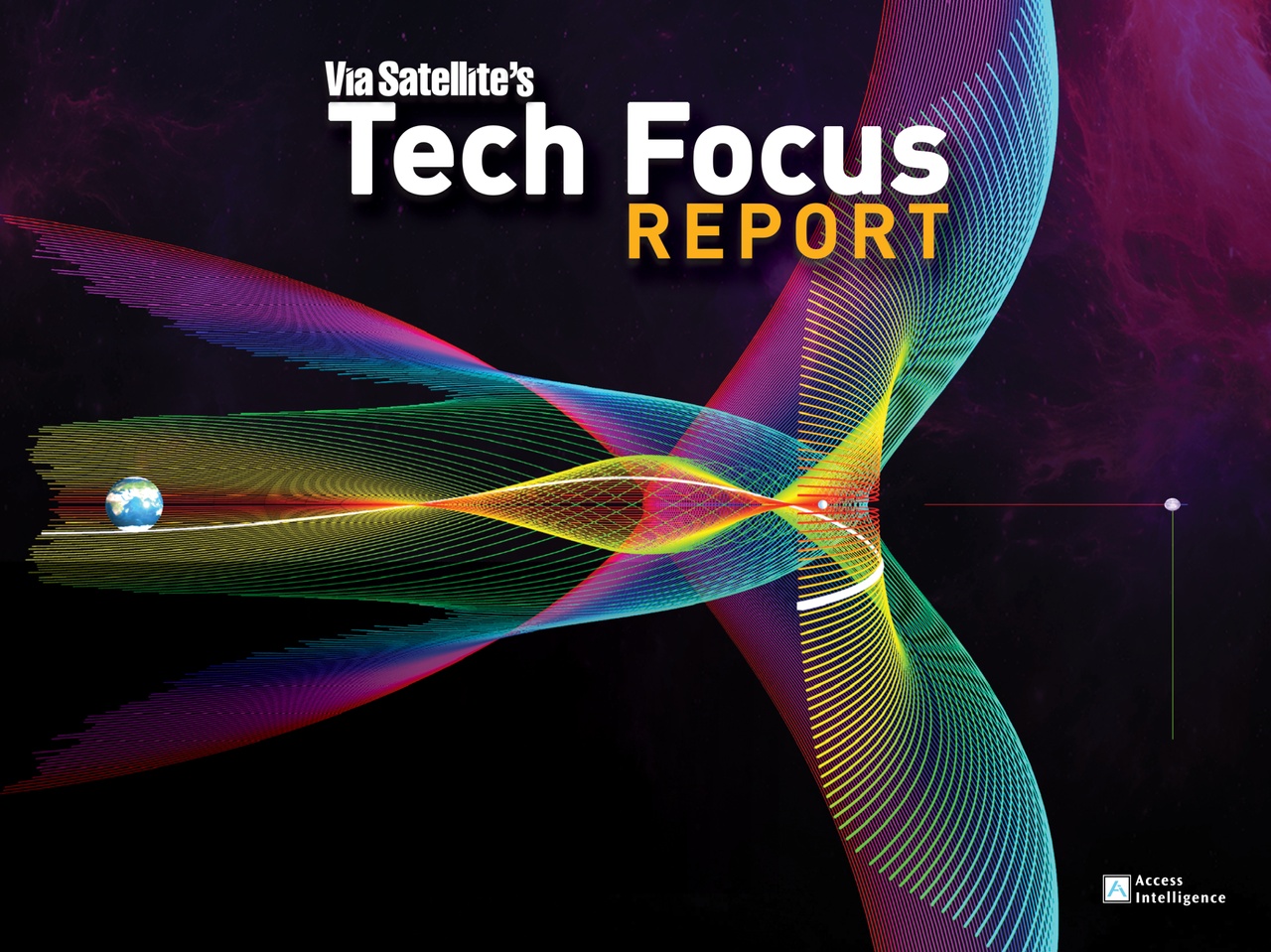
Protecting Intergenerational Equity in Space
March 28th, 2025
The choices we make in the next decades will determine how we use space in the future and how countries, and future generations, will access it.
It is time to rethink our general approach to space – and address space not as an “it” but as an ecosystem requiring our respect and care as an environment essential to life on Earth now and into the future and recognize the rights of those future generations.
These choices must be based on clear information and evidence, with an understanding of: the extent of the space sustainability issue and its impact on our life on Earth, including to human, animal and plant life; areas where a greater understanding is required; how we balance space sustainability with innovation, to support both; the urgent need to share information in a homogeneous, standardized way internationally; and the priority for international engagement and a cross-disciplinary approach with a focus on industry, insurance, finance, governments, regulators and the public across the world.
Space is not infinite – it is a scarce resource.
We need to consider space as a living body and effectively consider how we achieve a balance – a homeostasis – which, with the right mechanisms in place, can maintain stability, while being able to adjust to certain conditions to ensure sustainability and protect access to space for future generations.
The recent densification of Low-Earth Orbit (LEO) poses large sustainability concerns and increased collision risk. There is no panacea to achieve this stable homeostasis.
Respecting the Environment of Other States
Law of the outer space environment is not something separate from the concept of terrestrial environmental law. The Outer Space Treaty 1967 (Article III) states that “the exploration and use of outer space” shall be carried out “in accordance with international law.”
The principles of general environmental international law are relevant to space, such as the duty of a state not to permit the use of its territory or property to the detriment of another state.
But environmental damage can also be caused without the territory, property or personnel of another state being involved. Damage can be done to environmental areas not owned by and beyond the jurisdiction of a state.
Space is beyond the limits of national jurisdiction. Article II of the Outer Space Treaty describes space as “not subject to national appropriation.”
We can refer to Principle 21 of the Stockholm Declaration 1972 which notes that states have a responsibility to ensure that activities within their control “do not cause damage to the environment of areas… beyond the limits of national jurisdiction.”
Principle 22 requires states to cooperate in developing further international law as to liability and compensation for damage caused “by activities within the jurisdiction or control of such states to areas beyond their jurisdiction.”
Similar language is found in the work of the UN Conference of Environment and Development. But the Stockholm Declaration and later statements are non-binding. Cases at the International Court of Justice (ICJ) have reaffirmed that states have an obligation to take proactive measures to prevent environmental damage and to exercise due diligence.
According to the International Tribunal for the Law of the Sea, states must act with prudence and caution and cooperate in exchanging information on the risks or effects of operations and, where appropriate, in devising ways of dealing with the risks or effects. Again, such information sharing through standardized methods is vital for space sustainability.
Respecting the Space Environment
Two interesting concepts to apply to the space environment are that of the rights of “generations unborn” and the concept of “intergenerational equity”.
In its 1996 advisory opinion on The Legality of the Threat or Use of Nuclear Weapons, the ICJ recognized that “the environment is not an abstraction but represents the living space, the quality of life and the very health of human beings, including generations unborn.”
The ICJ also recognized that “the general obligation of states to ensure that activities within their jurisdiction and control respect the environment of other states or of areas beyond national control is now part of the corpus of international law relating to the environment.”
ICJ advisory opinions are not binding but carry legal weight and moral authority.
The ICJ has also considered the concept of intergenerational equity in its rulings on environmental law. Intergenerational equity is the idea that people should use and conserve the environment fairly across generations.
In further ICJ cases it is noted that states must exercise due diligence to assess whether there is a risk of harm prior to undertaking an activity – and to consider the rights of generations unborn and intergenerational equity in framing their activities and enforcing their laws, regulations and licensing conditions to secure the space environment.
These concepts should be considered in regulations, standards and licensing conditions for space activities. VS
Joanne Wheeler is Managing Partner at Alden Legal, trusted legal, regulatory, policy and consultancy experts for the communications, technology, satellite and space sectors. Joanne is also Director of the Earth∞Space Sustainability Initiative (ESSI).






